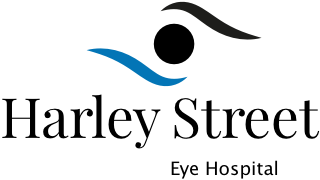Eye pressure, or intraocular pressure (IOP), is typically measured during an eye examination using an instrument called a tonometer. If you have concerns about your eyes pressure or suspect you may have glaucoma, it’s important to consult with an eye care professional.
An eye care professional, such as an optometrist or ophthalmologist, can perform a comprehensive eye examination, which may include measuring your intraocular pressure, assessing the appearance of the optic nerve, checking visual field, and conducting other relevant tests. These evaluations help in diagnosing and managing conditions like glaucoma.
Measuring your eyes pressure is a very important measurement. You can ask your ophthalmologist what your “target pressure” is, and get a sense of whether you are reaching that goal. However, it is important to realise that the IOP ophthalmologists measure in the clinic is only one very small snapshot of your eye pressure over the course of a given year, month, or even day. Furthermore, your eyes pressure cannot only vary according to the time of day, but also according to when you last took your eye drops, the thickness of your cornea, your stress level, and the measurement device or technique used.
While it is important to know your eyes pressure, it is also important to recognise that it is only one measurement related to your glaucoma. Your ophthalmologist will also be examining your eyes and optic nerves, assessing your field of vision, and measuring your optic nerve thickness.
If you haven’t had an eye examination recently and have concerns about your eye health, it’s advisable to schedule an appointment with an eye care professional. They can provide personalised advice and guidance based on your individual circumstances. Regular eye check-ups are essential for maintaining good eye health and detecting potential issues early on.
Book in for your consultation here with Mr Vik Sharma, Consultant Ophthalmologist at Harley Street Eye Hospital.





0 Comments